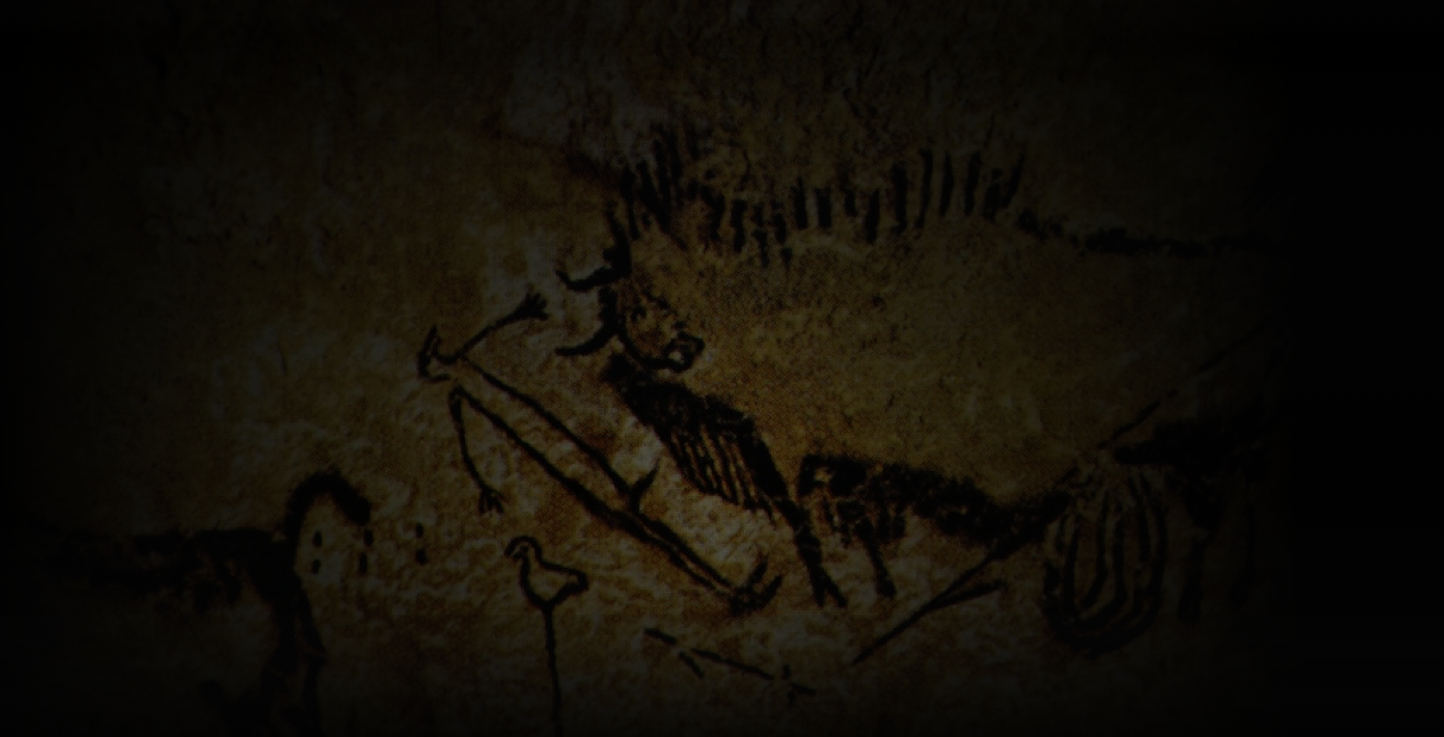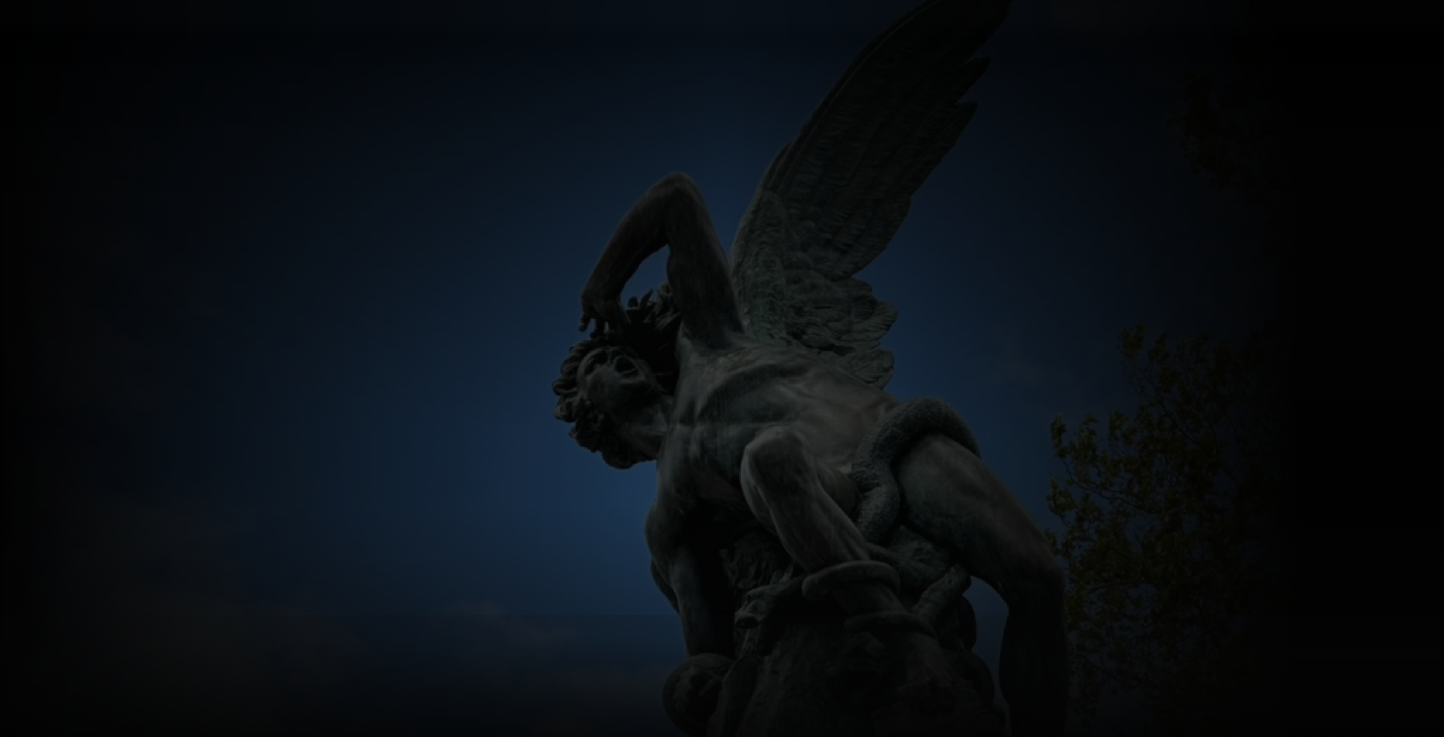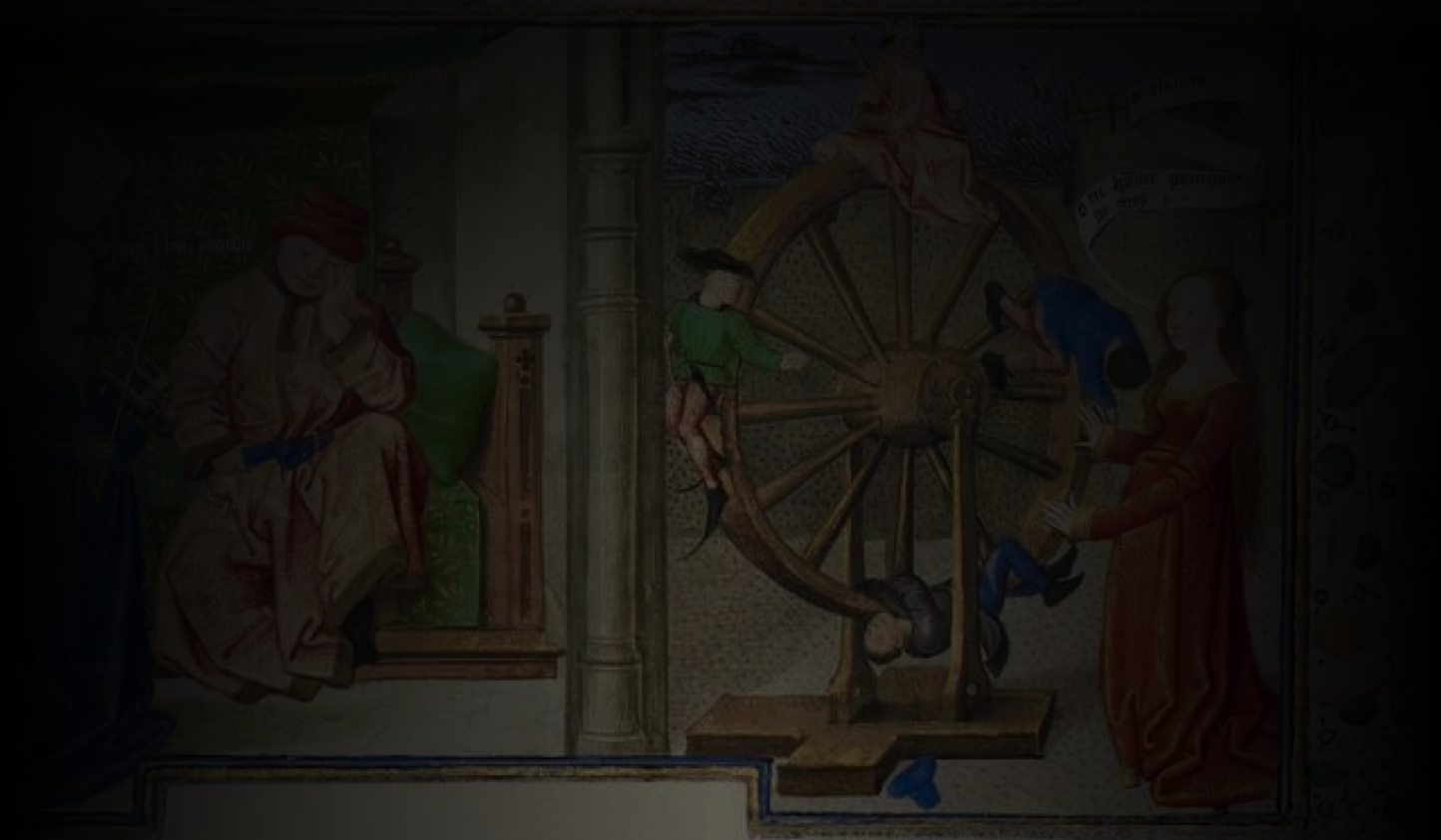
Ressentiment and the Moral Compass
How do we create a moral compass ready for a world we cannot yet understand?
What is to become of religion in our incandescent time? In this essay, I begin a descent into Bataille’s speculations on the contingent birth of consciousness out of the ‘water in water’ of pure experience. This is essential work for rejuvenating our moral compass.
Nietzsche treated ressentiment as a consolation for a desire for vengeance that is too weak to act. But what happens when it finds itself in power? In this essay, I explore the consequences of empowered ressentiment on the woke left.
Descending into Achilles passive mēnis in the Iliad leads to a better understanding of the birth of our democratic moral compass.
The three metamorphoses Zarathustra describes in his first speech after the prologue moves us beyond any knee-jerk philosophical and religious musings of ‘being and becoming’. The vision presented here is far more sophisticated.
The second installment of my series of Reading Zarathustra. This focuses on the problem of teaching, discipleship, truth telling, and companionship in ‘The Speeches of Zarathustra’ from Book I.
The first in a commentary series on Thus Spoke Zarathustra. This post covers Zarathustra’s Prologue.











